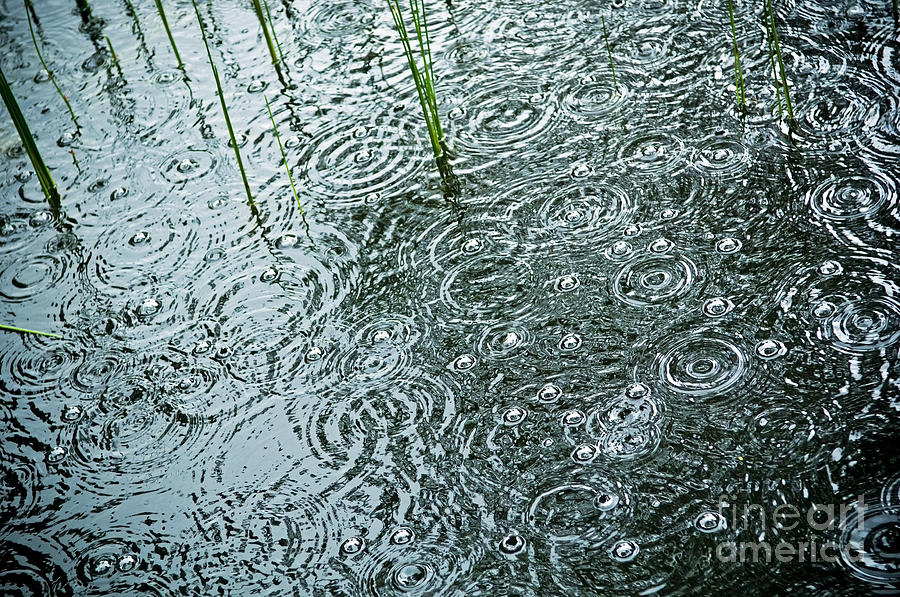So, how do you propose we might think in another dimension.
Practise. Catch them early, at school. Kids can‟t think of infinity as a concept yet
they can accommodate boundedness. Why is that?
You tell me.
Lack of practice. If I was teaching I would ask the kids to imagine say...fish in a
pond.
And I would explain that the fish can see the other dimension to their world by the rain
spattering on the surface of the pond. In that way they detect a third dimension. For us, we
think in four dimensions, and the fifth dimension is detected by light. So think of something,
anything to do with light.
HUGO: It is...and what‟s really exciting about light, the thing that gives us the appearance
of colour, is that it has a probability factor.
EUGENE: There is a chance element to it?
HUGO: Yes, photons...the thing light is made of....bounce of electrons and scatter, so the
moon reflected on the lake, beloved of poets, has a probability element in it.
x
Practise. Catch them early, at school. Kids can‟t think of infinity as a concept yet
they can accommodate boundedness. Why is that?
You tell me.
Lack of practice. If I was teaching I would ask the kids to imagine say...fish in a
pond.
And I would explain that the fish can see the other dimension to their world by the rain

spattering on the surface of the pond. In that way they detect a third dimension. For us, we
think in four dimensions, and the fifth dimension is detected by light. So think of something,
anything to do with light.
HUGO: It is...and what‟s really exciting about light, the thing that gives us the appearance
of colour, is that it has a probability factor.
EUGENE: There is a chance element to it?
HUGO: Yes, photons...the thing light is made of....bounce of electrons and scatter, so the
moon reflected on the lake, beloved of poets, has a probability element in it.
x
No comments:
Post a Comment